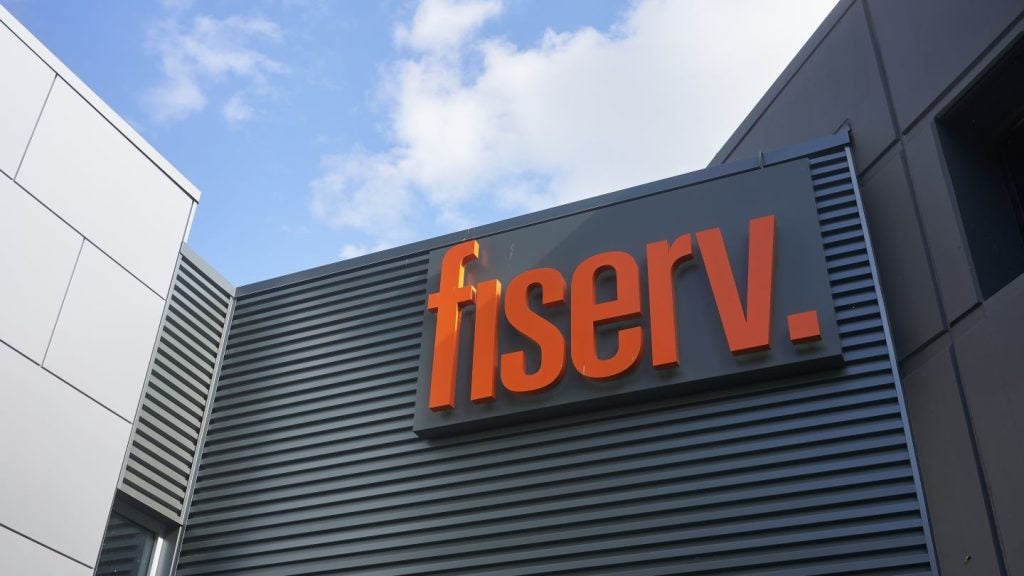Interac, the Canadian national debit and ATM scheme, is looking
at strategies to fend off competition from Visa and MasterCard –
including a possible IPO.
Interac spokeswoman Tina Romero told CI that there were
a number of routes that Interac could pursue to achieve this,
including “an initial public offering of shares, private equity
investment or a different type of commercial model”.
High usage levels of debit cards have helped Interac record
year-on-year rises for debit card transactions and merchant
acceptance, with transactions rising to 3.45 billion at the end of
2007, compared to 3.07 billion in 2005.
Interac runs on an association model, and has been able to
dominate the Canadian debit landscape thanks to a unique duality
prohibition operated by both Visa and MasterCard which means that
banks can only be members of one scheme and not both. Interac is
the only brand used for domestic debit card transactions, although
Canadian issuers can issue Visa debit or MasterCard Maestro cards
for use outside Canada.
In recent years, the duality rule has come under closer
scrutiny, with Visa and MasterCard relaxing some of their own
restrictions to allow dual memberships, enabling their member
issuers to co-brand debit cards with Interac or issue debit cards
with just the Visa or MasterCard brand. However, their Canadian
member banks, who are also members of Interac, have declined to do
so, and both international schemes have been effectively frozen out
of the Canadian debit space.
Interac’s domination of the market has come at a price,
however.
How well do you really know your competitors?
Access the most comprehensive Company Profiles on the market, powered by GlobalData. Save hours of research. Gain competitive edge.

Thank you!
Your download email will arrive shortly
Not ready to buy yet? Download a free sample
We are confident about the unique quality of our Company Profiles. However, we want you to make the most beneficial decision for your business, so we offer a free sample that you can download by submitting the below form
By GlobalDataIn the mid-1990s, it was forced by Canadian competition
authorities to change its business model to a not-for-profit
structure, allowing it to only charge fees to members that covered
its costs. Interchange fees were set to zero for POS transactions,
with interchange levied only for ATM cash withdrawals.
Interac considers options
Fearing the threat that both card schemes could present should
they decide to flex their IPO-enhanced muscles in Canada, Interac
is now in talks with Canada’s federal government to switch to a
for-profit structure in order to bolster its position.
Romero also told CI that Interac has established an
independent board of directors, which would be evaluating the
pricing structure of the services that Interac offers.
“It is still early days yet as to what, if any changes, will be
adopted,” she said.
One of the motivations behind Interac’s possible for-profit move
is a fear that it is lagging behind the rest of the industry in new
areas such as contactless and mobile payments, fields in which Visa
and MasterCard have played a leading role in bringing to payment
markets worldwide. The threat posed by non-bank players such as
PayPal and others is also bringing into sharp focus the fact that
Interac is in a weak competitive position compared to its peers in
terms of innovation.
Merchant opposition
Interac is not the only entity wary of Visa and MasterCard
encroaching into Canada. Earlier this month, Catherine Swift, CEO
of the Canadian Federation of Independent Business (CFIB), wrote to
merchant members of the CFIB, warning them that Visa and MasterCard
“now want in” to Canada’s debit market.
“In the US, both Visa and MasterCard allow their credit cards to
double as debit cards; in most cases, debit transactions also
attract the interchange rate, not the flat fee charged by Interac,”
Swift said.
“We believe that if Visa and MasterCard were to bring the same
service to Canada, debit rates would go up dramatically,” she
added, claiming that smaller merchants would be facing sharply
higher costs as a result.
However, the card schemes are used to howls of outrage from
merchant groups, and MasterCard was quick to rebuff Swift’s claims,
with Jennifer Reed, MasterCard’s vice-president of government
relations and communications, saying in a statement:
“Neither the CFIB nor the Retail Council of Canada has discussed
the question of MasterCard’s possible entry into debit payments in
Canada with MasterCard,” Reed said. “As such their statements are
founded on rumour and speculation at best or a complete lack of
information at worst.”
For the card schemes, the lure of the Canadian debit market is
not likely to dissipate any time soon. For Canadian banks, the
promise of greater fee income from debit cards could prove to be an
attractive one, especially in a time of tougher credit conditions,
and one which may ultimately override any ties they may feel to
Interac.







